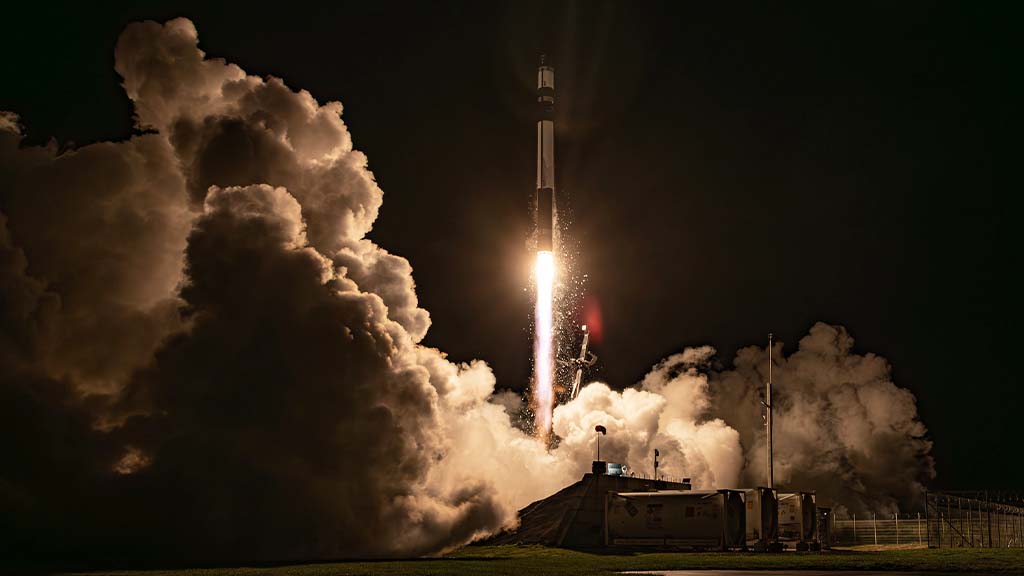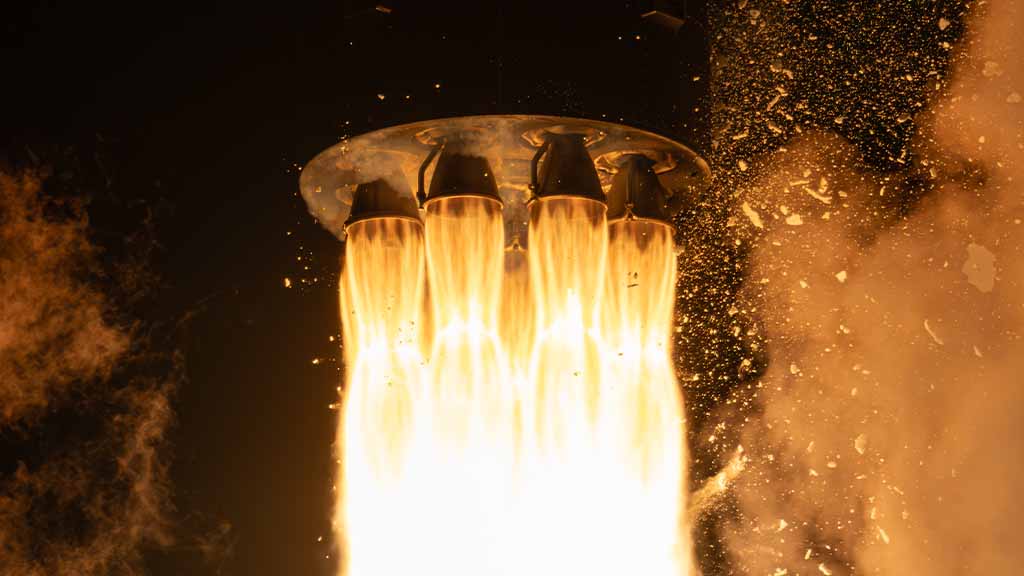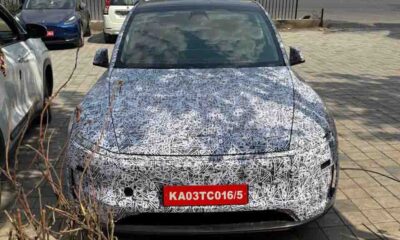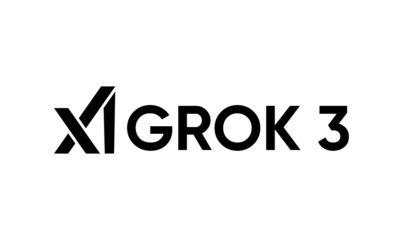Rocket Lab
Rocket Lab Completes 50th Electron Rocket Flight

Friday, June 21, 2024, Space Launch service provider Rocket Lab launched its 50th Electron rocket flight. The payload includes French Internet-of-Things (IoT) satellite company Kineis.
The mission-themed “No Time Toulouse” marked a lift-off from Rocket Lab Launch Complex 1 in Mahia, New Zealand at 6:13 am (6:13 pm, June 20 UTC). It has deployed five satellites to a 635 km circular orbit.
This was the first dedicated Electron mission for Kineis, a company funded by the French government’s space agency Center National Detudes Spatiales (CNES). The firm is supported by CLS (Collecte Localisation Satellites) to improve global IoT connectivity.
The new satellites will help connect and locate any connected object around the globe. It will enable data transmission to users in near-real time, at low bit rates, and with low energy intake.

Rocket Lab Electron Liftoff From Launch Complex 1 in Mahia, New Zealand (Image Source – Rocket Lab)
Kineis aims to improve connectivity in remote locations, it can detect forest fires, water resource management, infrastructure and energy network monitoring, transport, logistics tracking, and more.
The rocket lifted off for the first time in 2017. Since then, Rocket Lab has deployed 190 satellites in different orbits for a variety of customers. It includes NASA’s missions to the National Reconnaissance Office and Space Force missions.
Electron is an 18-meter tall launch vehicle with a 1.2-meter diameter. It has two stages and a kick stage. The rocket brings a wet mass of 13,000kg and a 300kg payload capacity.
The first stage consists of 9 sea-level Rutherford engines with 190 kN liftoff thrust and 224 kN peak thrust. The second stage has a single vacuum Rutherford engine with 25.8 kN total thrust.
(source)












